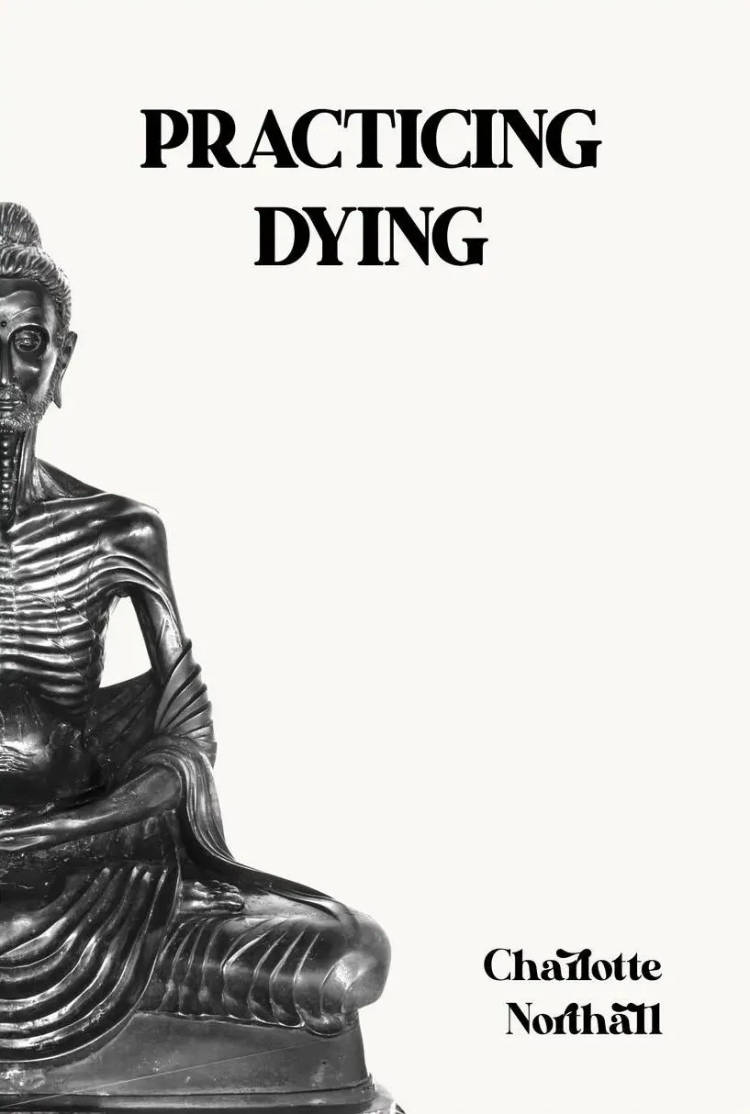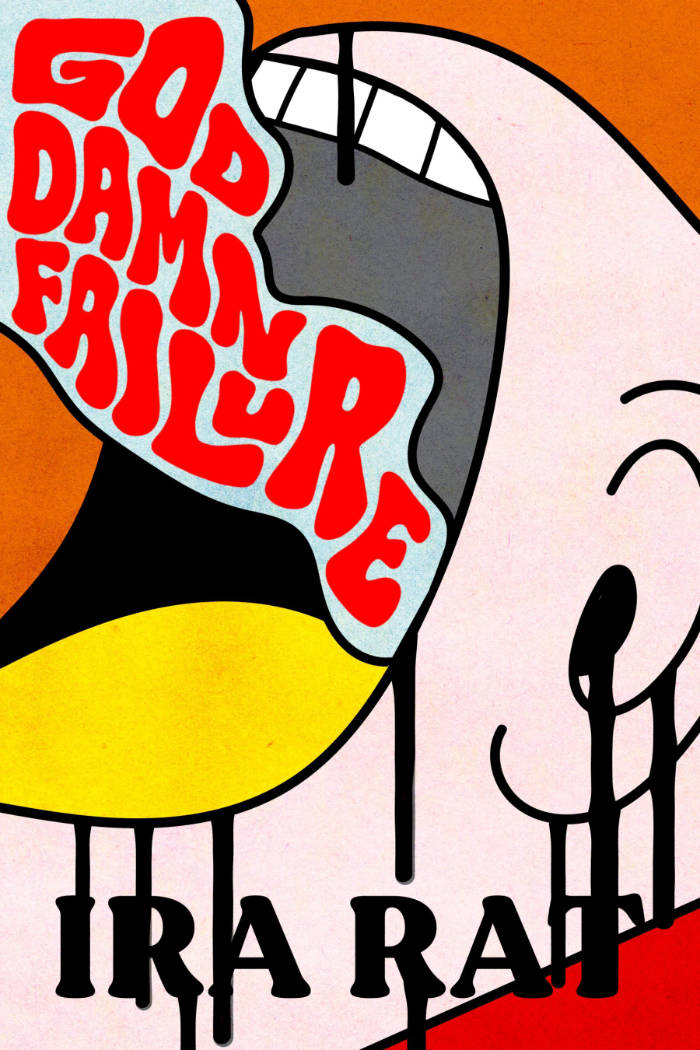
In the Jungle There Is Much to Do
Originally written as letters from enclosure, In the Jungle There Is Much to Do came out of the words and drawings sent by Mauricio Gatti, a young anarchist, to his three-year-old daughter, while he was imprisoned in military barracks in Montevideo. In 1972 the compiled letters were made into a book published by his comrades from the commune Comunidad del Sur. It tells the story of an elephant, a snail, a turtle, a seal, and a bird. They are all trapped by a hunter, who understands nothing of the jungle and who locks them up in the city zoo, where they miss their home and little ones. This fable for all ages about political prison was republished by different small organizations associated with the international solidarity movement supporting Latin American political refugees in the 1970s and 1980s.
Among these editions was a coloring book published in the GDR, which we used as a basis for a new German edition. The original text by Gatti was translated into English for the first time. Both language editions were published by the 11th Berlin Biennale in the fall of 2019. The curatorial team of the Berlin Biennale has decided to make these publications freely accessible on the website. The book is available for download and print-out, and a special black-and-white version has been created for free coloring.
Language: English



